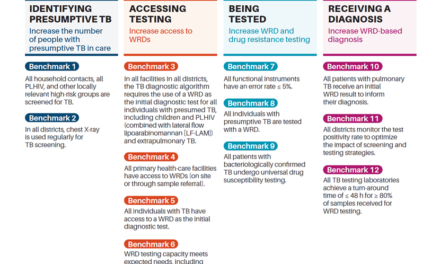Dry eyes can be a persistent issue, causing discomfort and impacting daily activities for many individuals. This syndrome occurs when the eyes fail to produce enough tears or when tears evaporate too quickly, resulting in inadequate lubrication of the eyes.
Symptoms of dry eyes may include irritation, redness, sensitivity to light, and a gritty sensation in the eyes. Whether triggered by environmental factors, prolonged screen time, or underlying health conditions, effectively managing dry eyes is crucial for maintaining eye health and overall well-being.
Here are some tips to alleviate dry eye symptoms and promote eye comfort:
1. Stay Hydrated: Proper hydration is vital for overall health, including eye health. Drinking an adequate amount of water throughout the day helps maintain tear production and prevents dryness.
2. Use Artificial Tears: Over-the-counter artificial tear drops can provide immediate relief by lubricating the eyes and alleviating dryness. Opt for preservative-free drops and use them as needed, following the instructions on the packaging.
3. Blink Regularly: Prolonged screen time can lead to decreased blinking, exacerbating dry eyes. Make a conscious effort to blink regularly, especially when using digital devices.
4. Take Screen Breaks: Follow the 20-20-20 rule to reduce eye strain: every 20 minutes, take a 20-second break, and look at something 20 feet away.
5. Use a Humidifier: Dry indoor air can contribute to dry eyes. Using a humidifier at home adds moisture to the air, preventing tear evaporation and maintaining comfortable eye conditions.
6. Protect Your Eyes: Wear wraparound sunglasses or goggles outdoors to shield the eyes from wind, dust, and other environmental irritants.
7. Maintain a Healthy Diet: Incorporate foods rich in omega-3 fatty acids, such as salmon and flaxseeds, to reduce inflammation and improve tear quality. Foods high in vitamins A, C, and E also support overall eye health.
8. Consult an Eye Care Professional: If dry eye symptoms persist or worsen, seek guidance from an eye care professional. They can conduct a comprehensive eye exam to determine the underlying cause and recommend appropriate treatment options.
Managing dry eyes involves lifestyle adjustments, environmental considerations, and proper eye care practices. By implementing these tips, individuals can alleviate symptoms, enhance eye health, and improve their overall quality of life. Stay proactive about eye health and seek professional assistance when needed to ensure optimal management of dry eyes.










